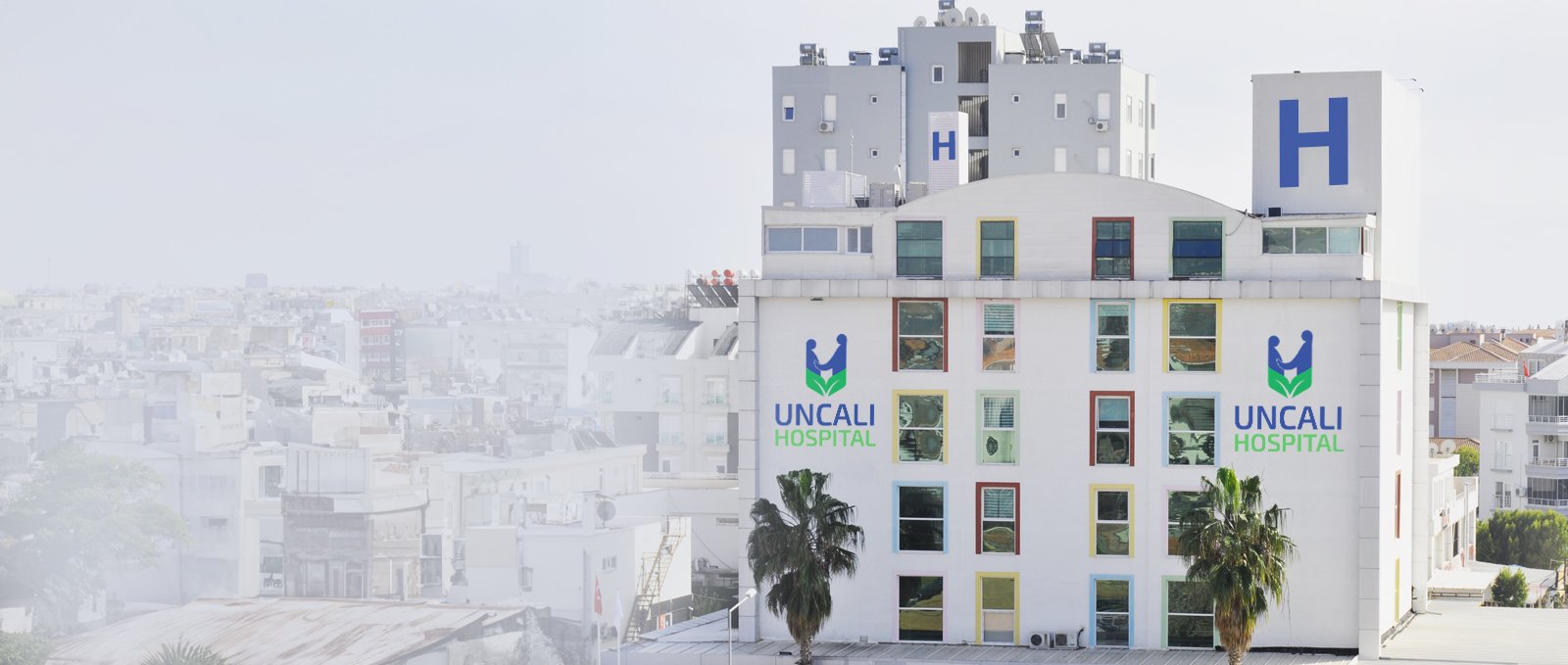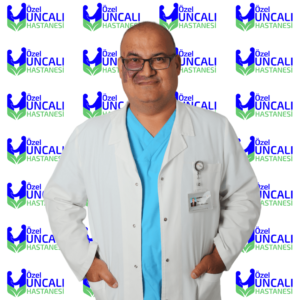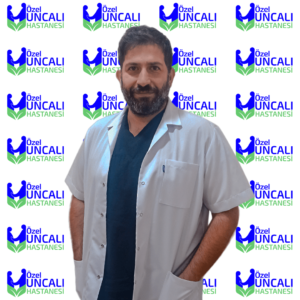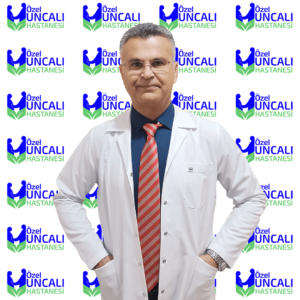Arthroscopic surgery, also known as arthroscopy, is a minimally invasive procedure used to diagnose and treat various joint issues. Whether you’re dealing with persistent knee pain, shoulder injuries, or hip problems, arthroscopy offers a precise, less invasive solution compared to traditional open surgery. Turkey has become a leading destination for arthroscopic surgery, thanks to its skilled surgeons, advanced healthcare facilities, and competitive prices. At Uncalı Hospital in Antalya, we provide a range of arthroscopy procedures, including knee arthroscopy, shoulder arthroscopy, and hip arthroscopy, helping patients recover mobility and live pain-free.
What is Arthroscopic Surgery?
Arthroscopy is a surgical procedure that uses a small camera called an arthroscope to view, diagnose, and treat problems inside a joint. The arthroscope is inserted through tiny incisions, allowing the surgeon to visualize the joint on a monitor and perform surgical repairs using specialized instruments. Because arthroscopy uses smaller incisions compared to traditional surgery, it is less invasive, reduces recovery time, and minimizes scarring.
Arthroscopic surgery can be used to treat a variety of joint issues, including:
- Knee Arthroscopy: This procedure is commonly used to treat torn meniscus, ligament injuries (such as ACL tears), or cartilage damage in the knee.
- Shoulder Arthroscopy: It is often performed to repair rotator cuff tears, labral tears, shoulder impingement, or shoulder instability.
- Hip Arthroscopy: This procedure is used to address hip labral tears, femoroacetabular impingement (FAI), and cartilage injuries.
Arthroscopy is frequently recommended when non-surgical treatments such as physical therapy, medications, or injections fail to relieve symptoms.
Who is Arthroscopic Surgery Suitable For?
Arthroscopic surgery is suitable for individuals who:
- Suffer from Chronic Joint Pain: People experiencing long-term pain, swelling, or stiffness in the knee, shoulder, or hip due to injuries or degenerative conditions.
- Have Not Responded to Conservative Treatments: Arthroscopy is often recommended when non-surgical options like physical therapy, pain medications, or corticosteroid injections have failed to provide sufficient relief.
- Have Structural Damage in the Joint: Candidates typically have damage within the joint, such as torn ligaments, cartilage, or tendons, which may be causing pain or limiting mobility.
- Desire a Minimally Invasive Procedure: Arthroscopy is an excellent option for individuals seeking a less invasive surgical procedure with smaller incisions and quicker recovery times.
At Uncalı Hospital, our experienced orthopedic surgeons will evaluate each patient’s condition through a thorough consultation, including physical exams and imaging tests such as X-rays, MRI, or CT scans. This helps determine if arthroscopic surgery is the right treatment option for their joint issues.
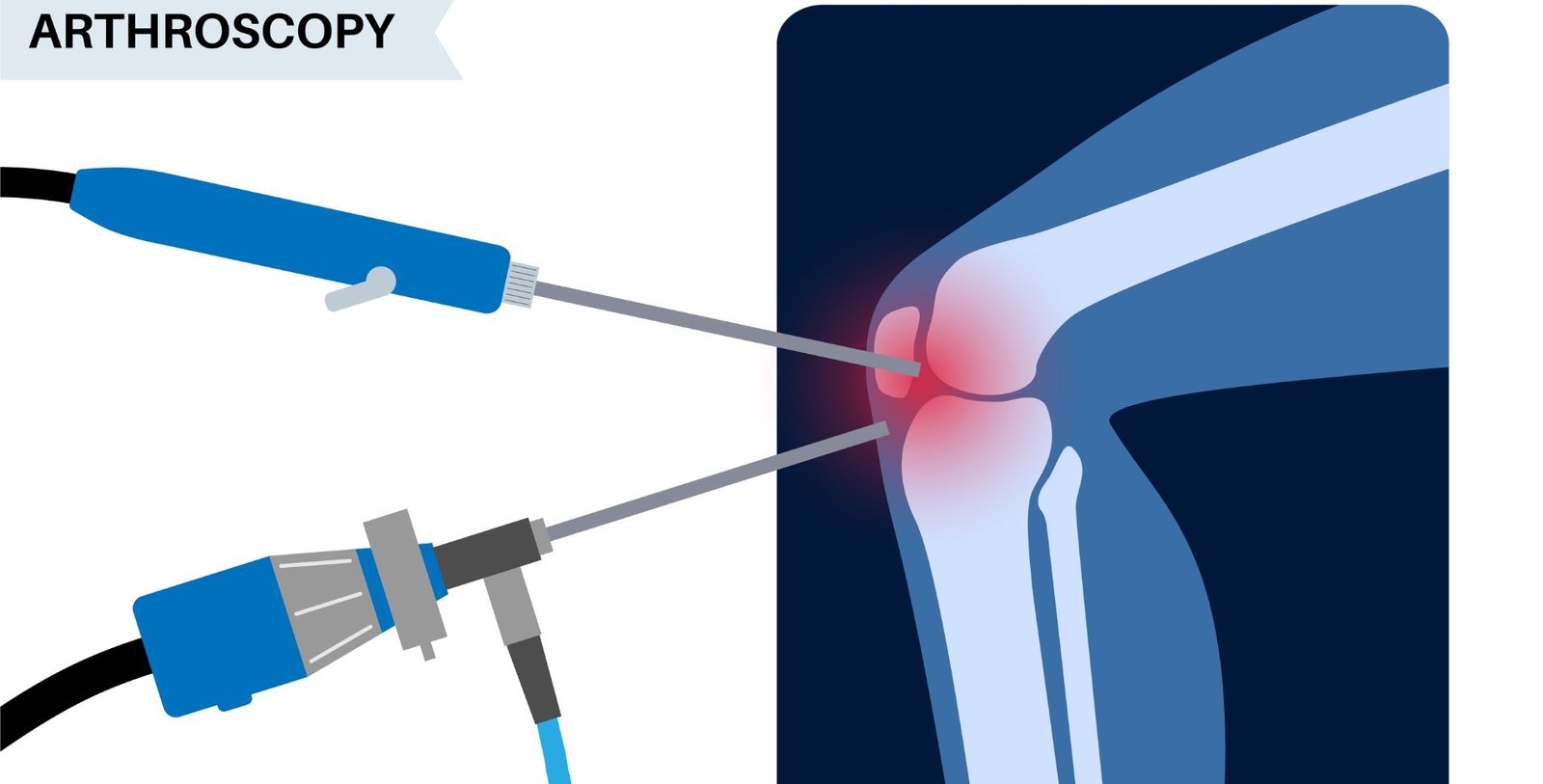
How is Arthroscopic Surgery Performed?
The process of arthroscopic surgery involves small incisions and the use of an arthroscope to diagnose and treat joint problems. Here’s an overview of how the procedure is performed:
1. Pre-Surgery Consultation:
Before the surgery, patients will have a detailed consultation with the orthopedic surgeon. During this appointment, the surgeon will assess the joint’s condition, review the patient’s medical history, and discuss the surgical plan. Imaging tests, such as X-rays or MRI, may be conducted to provide a clear view of the joint.
2. Anesthesia:
Arthroscopic surgery is typically performed under local, regional, or general anesthesia, depending on the complexity of the procedure and the patient’s overall health. The type of anesthesia used will be decided by the surgeon in consultation with the patient.
3. Inserting the Arthroscope:
Once the patient is under anesthesia, the surgeon makes small incisions around the affected joint. The arthroscope, a thin tube with a camera, is inserted into one of the incisions. The camera transmits images of the joint’s interior to a monitor, allowing the surgeon to inspect the joint and identify any damage.
4. Performing the Surgery:
If necessary, the surgeon will use other small incisions to insert specialized surgical instruments. These tools are used to repair or remove damaged tissue, such as trimming torn cartilage, repairing torn tendons or ligaments, or smoothing the joint surfaces. Throughout the procedure, the surgeon monitors the joint in real-time via the arthroscope, ensuring precision and minimizing tissue damage.
5. Closing the Incisions:
After the necessary repairs are made, the arthroscope and instruments are removed, and the small incisions are closed with sutures or steri-strips. A sterile dressing is applied to protect the area, and the patient is moved to a recovery room.
The surgery typically takes between 1 to 2 hours, depending on the complexity of the procedure. Most patients can return home the same day, though they will need someone to drive them home and assist with the initial recovery.
Pre-Surgery Preparations
Before undergoing arthroscopic surgery in Turkey, patients need to follow specific pre-surgery guidelines to ensure they are fully prepared for the procedure:
- Medical Evaluation: A comprehensive medical evaluation, including blood tests and imaging, will be conducted to ensure the patient is fit for surgery.
- Medication Adjustments: Patients may need to stop taking certain medications, such as blood thinners or anti-inflammatory drugs, in the weeks leading up to surgery to reduce the risk of bleeding.
- Fasting Before Surgery: If general anesthesia is being used, patients will need to fast (no food or drink) for several hours before the surgery.
Our team at Uncalı Hospital provides personalized pre-operative instructions to ensure that each patient is well-prepared for their surgery and has a smooth recovery.
Post-Surgery Care and Recovery
Recovery from arthroscopic surgery is generally quicker and less painful than traditional open surgery, but proper post-operative care is essential to ensure a successful outcome. Here’s what patients can expect during recovery:
- Immediate Aftercare: After surgery, patients may experience mild pain, swelling, and stiffness around the joint, which can be managed with pain medication and ice packs. The joint may be wrapped in a bandage or splint to provide support and protect the surgical site.
- Physical Therapy: Physical therapy is a crucial part of the recovery process, and it typically begins within a few days or weeks after surgery, depending on the procedure. Patients will work with a physical therapist to regain strength, flexibility, and range of motion in the joint. The rehabilitation process may last several weeks to months, depending on the complexity of the surgery and the patient’s progress.
- Follow-Up Appointments: Patients will need to attend follow-up appointments with their surgeon to monitor healing and ensure the joint is recovering as expected. The surgeon will assess the joint’s function and adjust the rehabilitation plan if needed.
- Long-Term Recovery: Most patients can return to light activities within 2 to 6 weeks, though full recovery and return to sports or physically demanding activities may take several months. The final results of arthroscopic surgery can provide long-lasting relief from joint pain and improved mobility.
How Much Does Arthroscopic Surgery Cost in Turkey?
One of the main reasons why many international patients choose arthroscopic surgery in Turkey is the affordability of the procedure. The cost of arthroscopic surgery in Turkey is significantly lower than in many Western countries, while still maintaining high standards of care and surgical expertise.
The arthroscopic surgery cost varies depending on factors such as the complexity of the procedure, the type of joint being treated (knee, shoulder, or hip), and the hospital’s location. On average, patients can expect to pay between $3,000 and $7,000 for arthroscopy in Turkey, which is considerably more affordable than in countries like the United States or the UK.
At Uncalı Hospital, we offer competitive and transparent pricing for arthroscopic surgery, with all-inclusive packages that cover the surgeon’s fees, anesthesia, hospital stay, and post-surgery care. During the initial consultation, our team will provide a detailed cost breakdown, ensuring patients understand the full scope of the procedure and its associated costs.
When considering “how much does arthroscopic surgery cost?,” patients can be confident that they are receiving top-quality care at a fraction of the cost compared to other countries.
Why Choose Uncalı Hospital for Arthroscopic Surgery in Turkey?
Uncalı Hospital in Antalya is a leading provider of arthroscopic surgery in Turkey, offering a combination of expert surgeons, state-of-the-art techniques, and personalized care. Here’s why you should choose Uncalı Hospital for your arthroscopic surgery:
- Experienced Surgeons: Our orthopedic surgeons have extensive experience performing knee arthroscopy, shoulder arthroscopy, and hip arthroscopy, ensuring precise results and a smooth recovery.
- Advanced Techniques: We use the latest arthroscopic technologies and minimally invasive techniques to minimize discomfort, reduce recovery time, and achieve optimal outcomes.
- Comprehensive Care: From the initial consultation to post-surgery rehabilitation, our team provides full support throughout the entire process, ensuring a successful and seamless recovery.
Take the First Step Toward Pain-Free Joint Mobility
If you’re considering arthroscopic surgery in Turkey, Uncalı Hospital offers world-class care, experienced surgeons, and affordable pricing. Our team is dedicated to helping you regain mobility and relieve joint pain through expert arthroscopic surgery solutions. Contact us today to schedule your consultation and take the first step toward a pain-free, active lifestyle.
Our Doctors
4.8/5 Average Rate

I had my stomach surgery on Thursday. I would like to thank my doctor Murat Kağan Bilgeye very much. I would also like to thank all the friendly nurses and cleaning ladies separately. Our dietician Ms. Özlem and Ms. Büşra, you are good to be there, with love, Nilüfer U.
Sandra Polat
Google Reviews
I brought my mother from 600 km for Cengiz teacher and his team, I am glad that you brought her, she turned her years of indecision and fears into confidence in an instant, she had two knee prosthesis surgeries. Thank you very much to Cengiz teacher for his tolerance, Sabri and professionalism.
Irmak Sav
Google Reviews
I had stomach surgery at the private uncalı meydan hospital to Murat Kaan Bilge. I would like to thank my doctor and his team, who did not lack his support from the beginning to the end of the surgery, and then all the nurse friends who came to check on me every hour and took all my trouble, and the housekeeper sisters who made our room sparkling every day🌸
Feyza Nur
Google Reviews
Dr cengiz yılmaz performed hip replacement surgery the next day I was able to stand up the next day, the interest is at the highest level, 24 hour nurses are following up, people feel safe, the hospital rooms are clean and spacious, thank you to Mr. Cengiz.
Ugur Eper
Google Reviews
We would like to thank our ophthalmologist Mr. Süleyman Karaman for his friendliness and interest. Our operation process was very comfortable with his support before and after the operation. We wish you continued success.
Tolgahan Peker
Google ReviewsFrequently Asked Questions
Yes, arthroscopic shoulder surgery is generally safe, especially when performed by experienced surgeons in modern medical facilities. As with any surgery, there are risks, but complications are rare, and the minimally invasive nature of the procedure reduces risks compared to open surgery.
Arthroscopic surgery is less painful than traditional open surgery, but some discomfort and soreness are expected during recovery. Pain can be effectively managed with medication, and most patients experience only mild to moderate post-operative pain.
Recovery time after arthroscopic surgery varies depending on the procedure, but most patients can resume light activities within 2 to 6 weeks. Full recovery, including the return to strenuous activities or sports, may take several months, especially if physical therapy is needed.
The most common complication of arthroscopy is infection at the incision site, though this occurs in a very small percentage of cases. Other potential complications include blood clots or stiffness in the joint, but these are rare and often preventable with proper post-operative care.
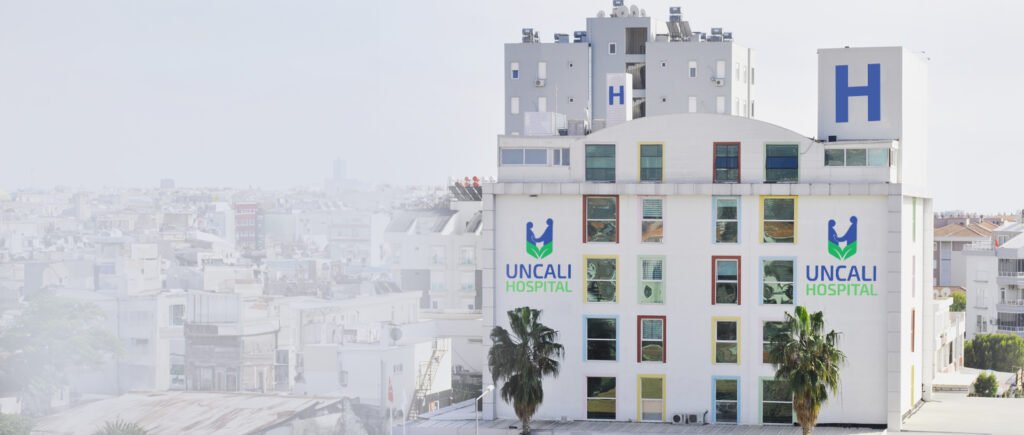
Book an appointment now!
You can contact us at any time if you have any questions/concerns.
